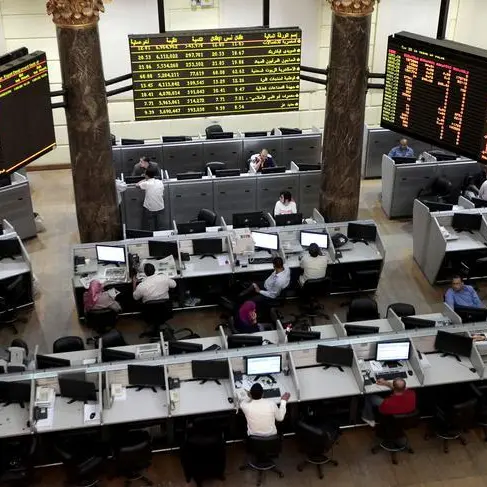PHOTO
Workers in the UAE and across the Middle East and North Africa (MENA) region are feeling the pinch from the rising cost of living and are willing to leave their current jobs just to secure a higher salary, according to a new survey.
Nearly seven in ten (69%) of MENA workers polled by talent specialists Tiger Recruitment said they expect their monthly incomes to increase this year. Employees intend to get a salary bump either by applying for a new job or negotiating with their current employer.
However, workers are more likely to quit to pursue better-paying jobs, with nearly four out of ten (37%) respondents saying they are ready to resign to get the paycheck they want.
Only a small number (16%) plan to stay and negotiate a pay rise with their current company.
“Everything costs more these days – food, fuel, rent – and workers are feeling the pinch. People want and need to earn more and are motivated to move jobs if that’s what it takes,” said Zahra Clark, Tiger Recruitment’s Head of MENA.
“Our research findings are a wake-up call for employers. If companies are serious about retaining top talent, they must offer a fair and competitive compensation package that reflects their work. If employers continue to bury their head in the sand over pay, they’ll struggle to keep the people they need.”
Reluctant to negotiate
Quitting a job to secure better opportunities comes with challenges, however.
About a fifth of those polled by Tiger Recruitment fear that it “might take longer” for them to find a job that offers a higher salary.
The recruitment specialist also said that many workers are now reluctant to bring up the subject of higher salary after they made a similar attempt in the past and failed to get a positive response.
Nearly half (42%) of the respondents said they already broached the subject with their boss in the past year, yet only 28% achieved an increase.
Most workers said they last had a pay rise one to two years ago, while 15% said it has been five years or more since their salary went up.
Inflation surged to record levels last year following Russia’s invasion of Ukraine. The International Monetary Fund (IMF) said last month that inflation could remain “stubbornly high” this year amid continued “labour-market tightness” and growing wage pressures.
(Reporting by Cleofe Maceda; editing by Daniel Luiz)
(cleofe.maceda@lseg.com)





















